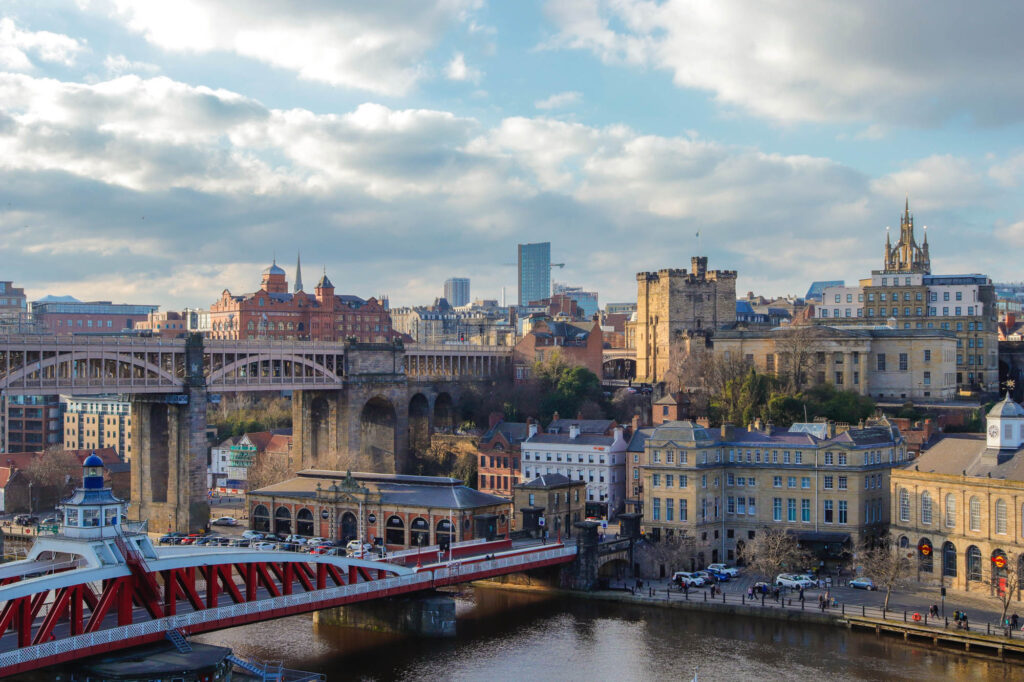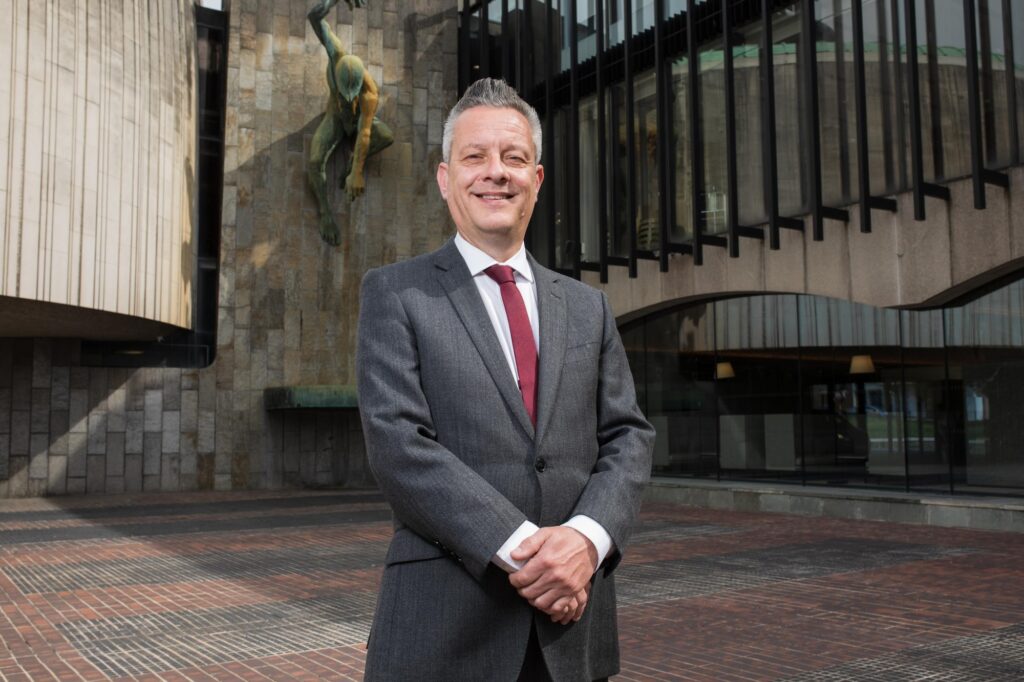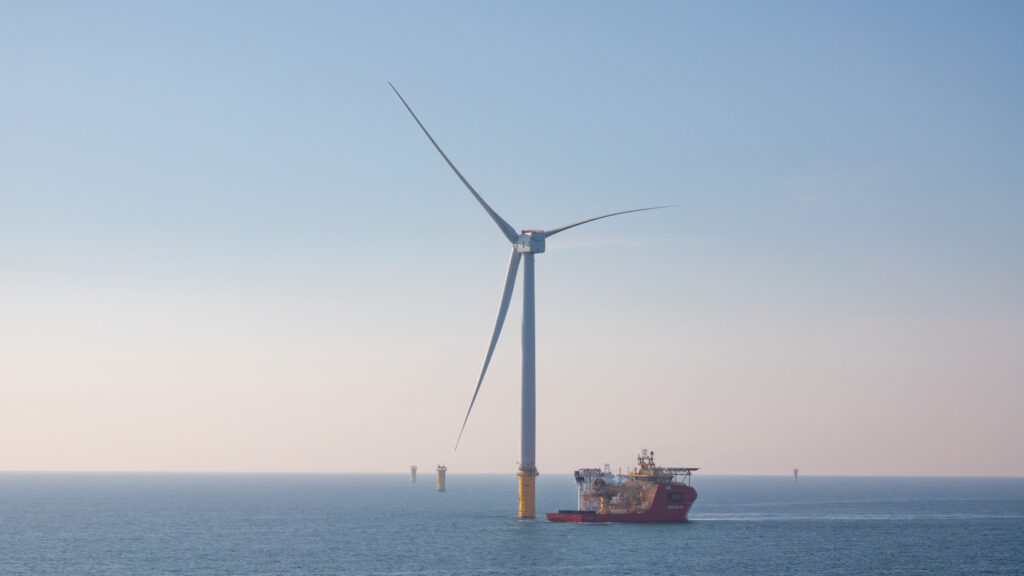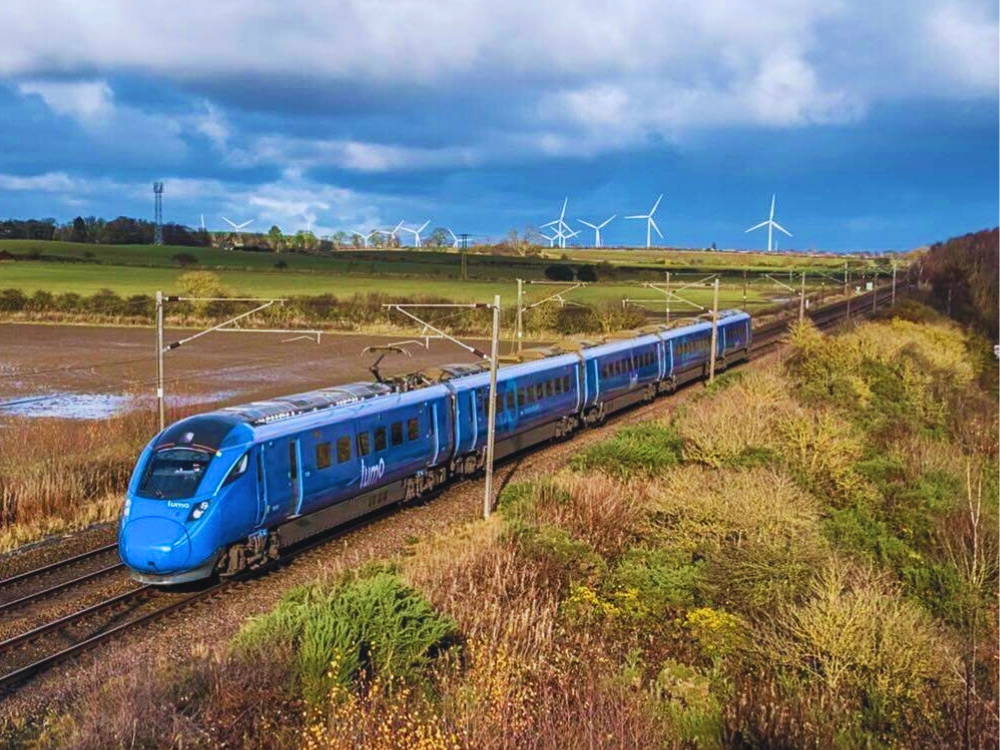
Newcastle has always been a city of innovation and progress. At the height of the industrial age, the River Tyne was the ‘workshop of the world’ — producing trains, ships and engines that powered industries the world over and have had a lasting and profound impact.
It has always been a city of trade and commerce — an outward and international city — a heady mix of regional identity, national importance, and global reach. A city that links England with Scotland, the UK with Northern Europe, and our traditional past with an exciting future.
The city and the wider North East once powered the nation. The Great Northern Coalfield — stretching from Northumberland to Durham — provided the raw material that made ‘coals to Newcastle’ such a household phrase. The new £4.2bn North East Devolution Deal shows that we can still punch our collective economic weight. But these days, the raw material has changed.

Newcastle now sits at the nexus of a new East Coast Energy Corridor that is once again fundamental to the future prospects of the UK and the wider world. This ‘backbone of the UK economy’ is powered by unique natural assets and a drive to innovate that will underpin the UK’s transition to net zero.
Continuing to deliver and innovate in the existing oil and gas sector, this backbone of the UK economy, running the full line of the East Coast rail line, links the offshore industry in Aberdeen with trading ports in Edinburgh, Tees and Humber.
It is home to leading edge technology to test, improve and capture the benefits of wind and hydrogen. It will be home to thousands of new jobs and an economic engine that can deliver long-term sustainable growth for UK PLC.
- Read more: Alphabetti unveils its leading man for Act II
- Read more: Michael Chaplin – A story to stick with
This is underpinned by people, innovation, connectivity, and cross-sector collaboration that are fundamental to making the model work. But it needs an intellectual and economic heart.
That is where a core city like Newcastle comes in.
We have prioritised working with our universities, colleges, our combined authority and our businesses — leveraging the deep skills base of the region and the know-how of businesses like SMD, Smulders and Shepherd Offshore to ensure we can transition effectively in a net zero world.

Our location adjacent to the world’s largest offshore wind farm presents a unique opportunity to create UK supply and establish energy security for the East Coast and beyond.
We are developing a unique Green Superport model with our combined authority and colleagues in the ports of Blyth, Tyne and Sunderland and Newcastle Airport.
Making this ecosystem work is about more than tax breaks and faster planning. It takes serious, long term attention to cluster development and removal of the infrastructural barriers to development. It takes systematic investment in the transport infrastructure — such as on the East Coast Mainline — that will be needed to unlock capacity and growth.
Working with colleagues in cities along this backbone of the British economy, we can truly power the UK economy.

Any new government needs to look at this afresh and recognise the reality. This is no pipedream or plan-on-a-page driven by magical thinking about the future. We are creating a real economic powerhouse from the legacy of pseudo-competition and fragmentation.
This backbone will present a series of well-developed investable propositions from Aberdeen to the heart of the City of London that will deliver jobs growth and innovation translated into economic impact. The industry and jobs are already here — and we have the chance to rocket boost them.
It is now time to start serious, national-level dialogue on the power of the Backbone of the UK economy. Newcastle is ready to deliver.











